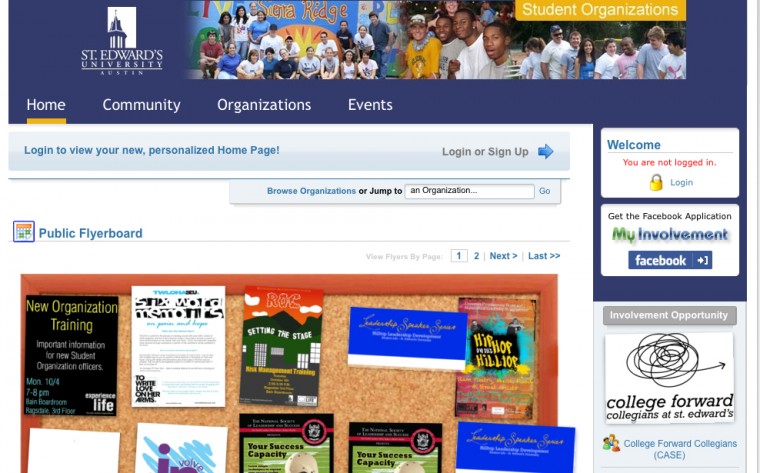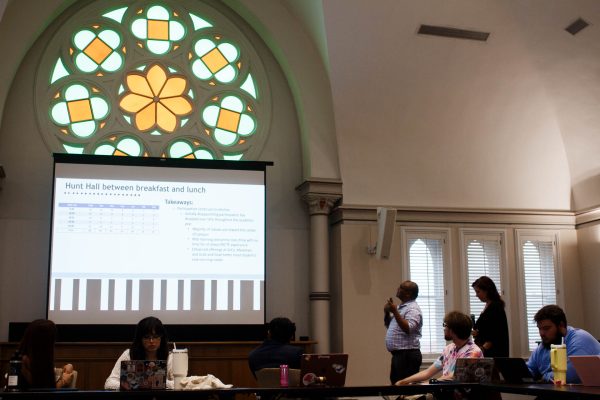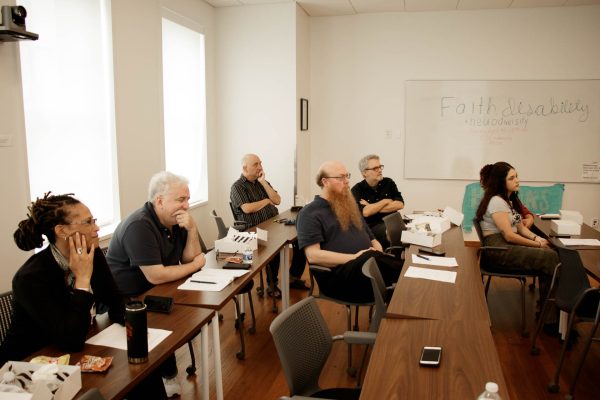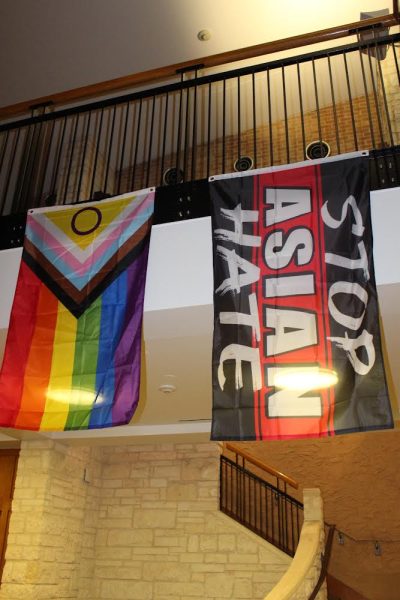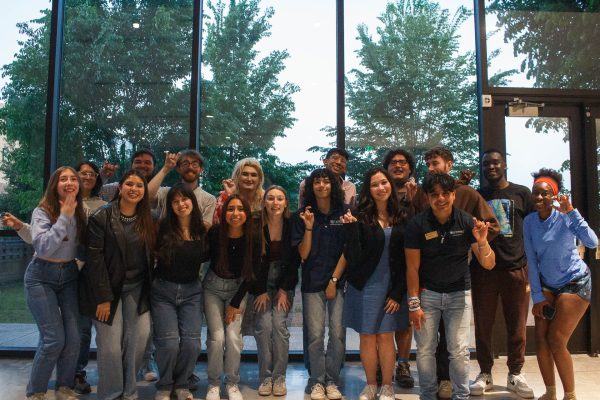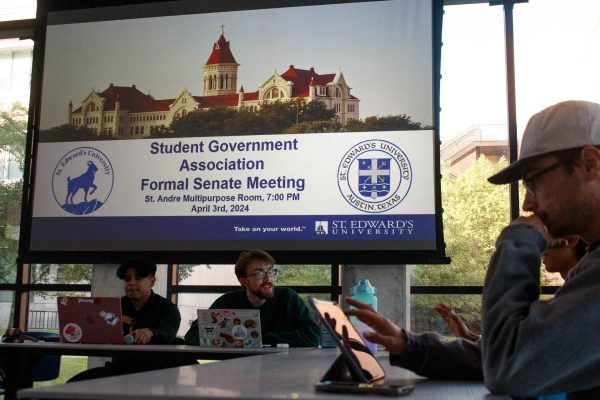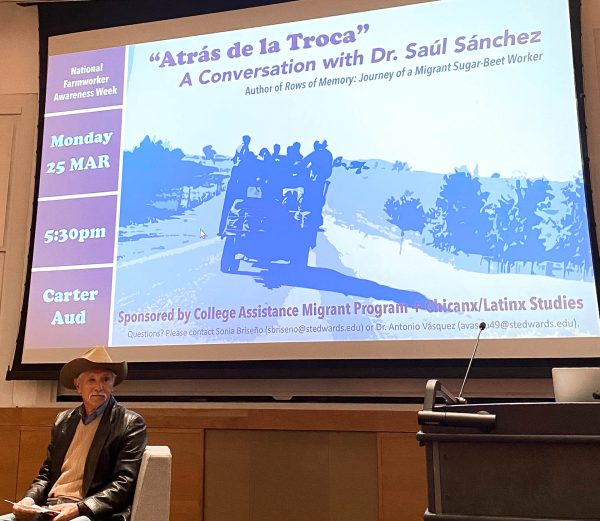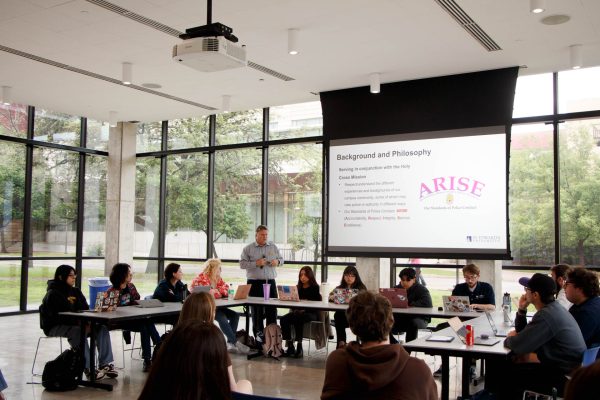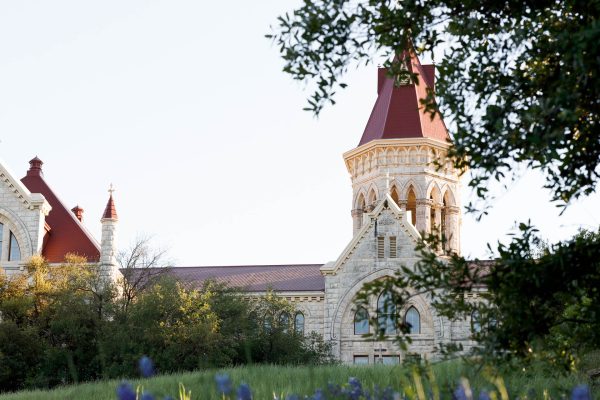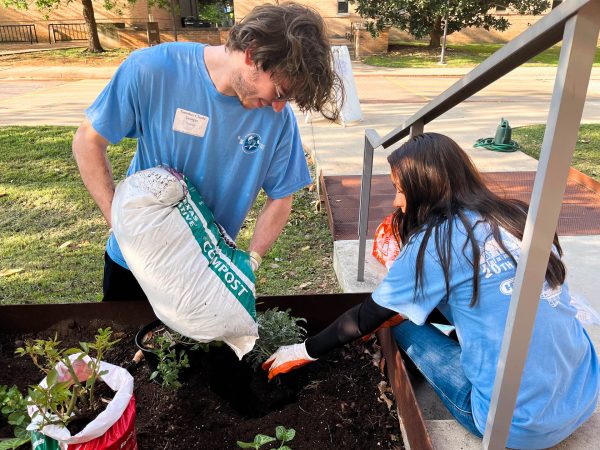Campus groups fight red tape
Student groups have a life cycle. Every year some get weeded out, some stick around, but they all serve a basic purpose of bringing students together on common ground with a common goal.
But some St. Edward’s University students find it difficult to form a recognized group on campus, saying that the process lacks personal communication and is too dependent on third parties like Collegiate Link, a website used by Student Life to register and organize groups on campus.
This is the process of starting a group: A proposed group must submit a clear description of statement of intent, a purpose and a constitution. In addition, a group must have at least three officers and three members, as well as an advisor.
All of this information goes to Student Life, where the Recognized Organizations Council considers the groups and then possibly approves them. In addition, groups are given a 30 day temporary approval status, allowing them to set up meetings in school buildings to organize the groups and gain interest among students.
“There are no paper forms needed,” Marisa Lacey, assistant director of Student Life, said. “All new organization recognition takes place online via Collegiate Link.”
Theoretically, all that is needed to start a group is a computer and a little time. But sophomore Shelby Cole, who recently founded Women’s Club Soccer, had difficulty with the approval process.
“It’s pretty much a waiting game to see if they’re going to get back to you,” Cole said. “But I understand they’ve got a lot of stuff going on.”
Cole applied in early September, but had to wait for Student Life to approve her club’s standing. The club has only had two practices all year, and because of the wait, the club won’t be able to play in league games until next fall. But the club will enter in tournaments this spring outside of the league to get the team out on the field.
Cole hoped to organize the team for practices using Collegiate Link, but found that the program isn’t very user-friendly, so she resorted to using a Facebook page for the group.
“I’m sure they’re trying to work on a system or something,” Cole said. “But it’s still a little difficult to navigate.”
Junior Josh Aguera attempted to start a new art and literary magazine last spring, applying through Student Life. But after a lack of communication, Aguera became frustrated with the process. He is still continuing his effort to establish the magazine, but independently of Student Life.
“It was more a waste of my time,” Aguera said. “As of right now, it’s not looking like we’ll be affiliated with Student Life.”
The magazine would accept visual art, poetry, fiction, photography and journalism. Aguera hopes to accept submissions from anyone willing to submit, holding meetings outside of school to establish a cohesive staff and contributors. While the magazine will be independent of the school, Aguera said he would like to still be a part of the St. Edward’s community.
“We want to act as a venue for school’s artists,” Aguera said. “We want to take advantage of the excess creativity in this area.”
Aguera said that the emphasis on Collegiate Link was difficult for him. He said he wished to see more transparency and communication between Student Life and him in the process of application.
“I would rather sit down and meet with the person who would be deciding on my club than have to rely on the three sentences that I put on my statement of intent,” Aguera said.
Other students have had positive experiences with getting groups approved by Student Life.
Sophomore Jordan Yuson started an ultimate Frisbee club, simply called “The Ultimate” at the beginning of the school year.
“Student Life was kind of slow at first,” Yuson said. “But once they finally gave me feedback, they were pretty much on top of it.”
Yuson said that as soon as the revisions to the club’s constitution were submitted, Student Life sent him an approval via e-mail the same day. The club was approved for a temporary 30 day permit, and Yuson started organizing the group via Collegiate Link, but the group had difficulty rounding up members.
“I wish students used Collegiate Link more and that it was more integrated,” Yuson said. “I use it here and there, but it’s not my main tool to reach my fellow Ultimaters.”
For now, like Cole, Yuson is using Facebook to organize meetings and practices. He said it’s more practical and that students prefer Facebook because of its simplicity, but he thinks that Collegiate Link has its perks.
“Collegiate Link has a lot of benefits like making schedules, constitutions and information [public],” Yuson said. “But for communication, Facebook’s the way to go.”


